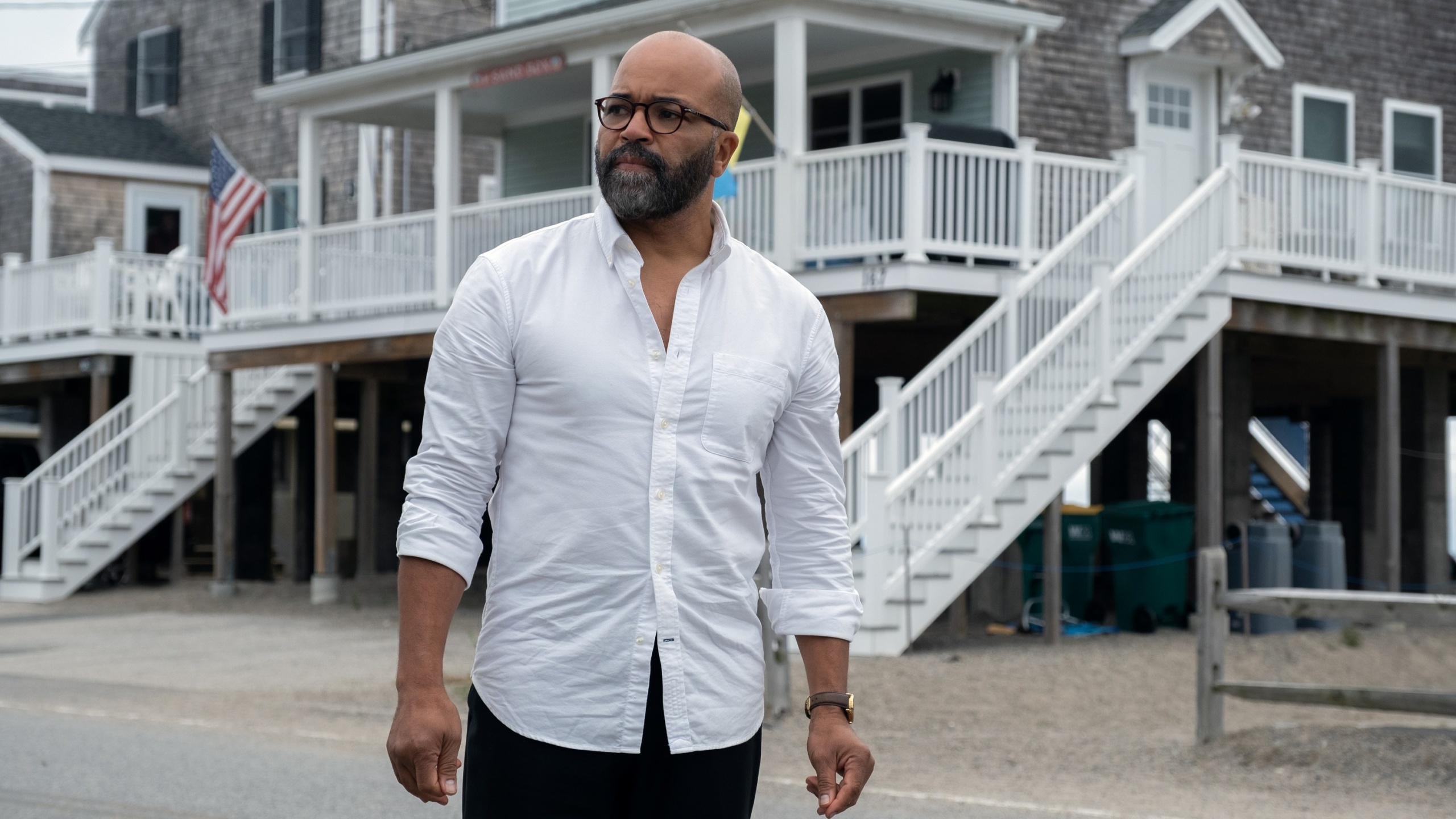On Friday night, the Toronto International Film Festival had one of its buzziest premieres of its lineup this year with “American Fiction,” an adaptation of Percival Everett’s 2001 novel “Erasure” that serves as Emmy-winning writer Cord Jefferson’s directorial debut.
Given the filmmaker’s pedigree, having worked on acclaimed series like “Watchmen,” “Succession,” “The Good Place,” and “Master of None,” plus the inclusion of Tony and Emmy winner Jeffrey Wright as the lead, the Orion Pictures release had been pegged as an under-the-radar awards contender.
However, the TIFF audience would soon find out that in the story of a Black American author fed up with the lack of recognition his cerebral work has gotten, writing a soulless, stereotypical book that becomes an accidental bestseller, Jefferson already had built-in commentary on what Black American stories, including his, are considered awardsworthy.
“It’s this revolving door of misery and tragedy,” said the director during a post-screening Q&A. “I got into film and television, and I was excited because I was like, ‘Great, these are fictional worlds I could write about’ — aliens and unicorns and anything fantastic I want to — and then people would come to me and say, ‘Hey, do you want to write about this slave? Do you want to write about this crack addict? What do you think about these gang members?”
Through “American Fiction,” Jefferson both tells a story about a Black family unlike any we’ve seen on screen, and unpacks his feelings around the limits on Black writers and creatives that make that true. It is hard to imagine when Wright has been funnier, capturing his character Thelonious “Monk” Ellison’s anguish around what is considered “Black” art. There are definite shades of Spike Lee’s “BlackKkKlansman,” making the rumblings of Oscar buzz feel warranted — though Sterling K. Brown in particular is a real scene stealer, delivering some of the biggest laugh lines while also having a couple moments of real pathos. Erika Alexander too is a highlight as Monk’s self-assured girlfriend.

When talking about the impact he’d like “American Fiction” to have on audiences, the first-time filmmaker said, “The people who greenlight films, books, and TV shows, I say that they have a poverty of imagination when it comes to what Black life looks like. There’s a real sort of myopia there that they refuse to see us in any other terms.” Citing two Best Picture winners, he added “Jewish people get ‘Schindler’s List’ and ‘Annie Hall,’ right? The sort of spectrum of Jewish [stories], right? You can do all of it. And for whatever reason, when it’s a ‘prestige’ Black film, it’s always gotta be civil rights or slavery, or drug dealers or crackheads. It’s just so limited to us.”
That said, Jefferson does not believe slave movies should cease to exist, “because God knows we need them these days. Unfortunately, people are trying to not teach about slavery and racism in schools,” said the director. “In a perfect world, those movies don’t go away. Some of them are very good. And I think that they’re important. I just want them to have some imagination about what else our lives look like, and what else you can put Black people in besides these misery movies.”




